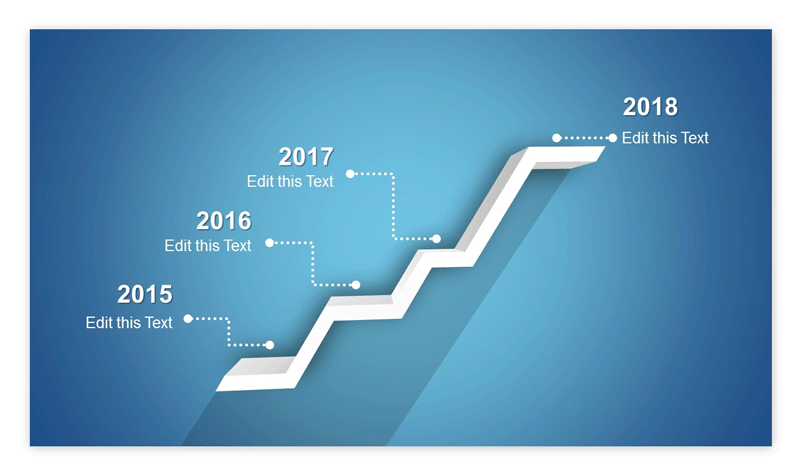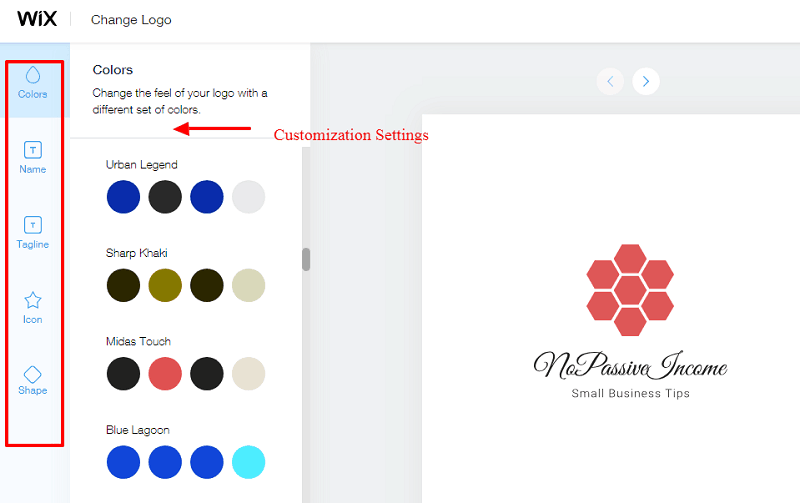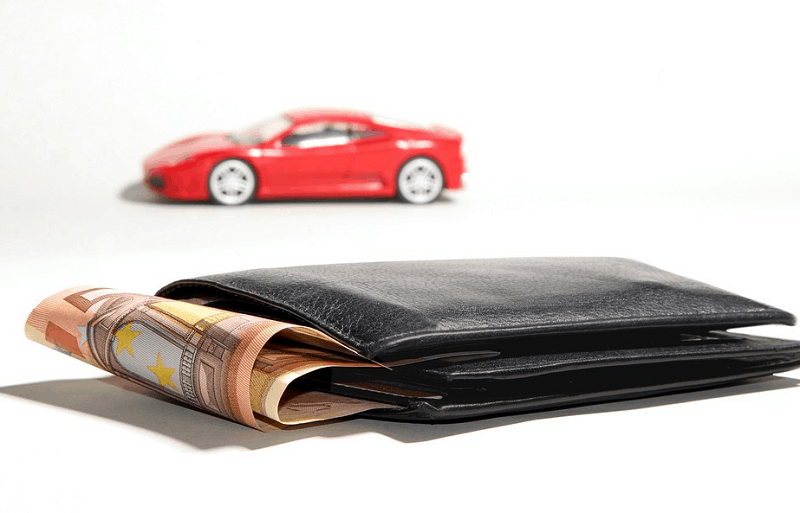Do you struggle to pay your bills on time every month?
Do you want to learn how to pay off your bills?
We’ve all been there and we know:
A bill arrives and you dread opening it. “What is my total balance? What is the amount due this month?”
You start to worry that you won’t have the money to pay it. Or maybe its just that you can’t remember.
Because if there’s one thing we can all agree it’s that no one likes to pay bills, even if they have the money.
But don’t worry any longer.
I struggled to get my finances under control and was excited to find there were resources available to help.
Just keep reading and I’ll share with you six highly actionable tips to teach you how to pay off bills, as well as useful links where you can find more information.
And before we start, there are several things you will need to gather:
- Copies of all your monthly bills, including information on total balance and current amount due (or anticipated amounts based on past usage, think of your utility bills)
- Your monthly income and dates you are paid
- A calendar
- A pen or pencil
- Notebook or notepad, etc.
- A calculator
Ready? Let’s dive in!
Table of Contents
Tip 1: Pay Your Bills As Soon As They Arrive

If the problem is you simply can’t remember to pay your bills, then this tip is exactly what you need.
Open your bills as soon as they arrive, whether by traditional mail, email or other online method. Most banks and other creditors offer bill pay reminders that allow you to set up alerts and notifications when bills are available and when they are due.
There are also reminder apps that can help you manage you monthly bills. Check out this review of 16 best bill reminder apps.
And if the main problem is that you’re on a tight budget, then keep reading because the rest of this article is just what you need.
Tip 2: Make a List of Monthly Bills
Make a list of all your bills and the amount you owe for each bill.
For some items this will be a fixed amount each month and for other items, like electricity, you should estimate a monthly amount based on your past bills.
Once you have your list, organize your monthly bills by priority.
For instance, the necessities like housing, insurance or child care come first, then secured bills (which may also be necessities) like a mortgage or car payment, and finally unsecured bills like credit cards.
Next, organize them by due date.
Easy, right?
Tip 3: Create a Monthly Budget
Create a monthly budget that details all of your income and expenses, including bills that you don’t pay regularly, and stick to it.
Another good idea is to open separate bank accounts for bills, discretionary spending, and savings.
A savings account is a must for emergencies or in the event you lose your job.
You can even set up automatic transfers from one account to the others so that you don’t have to remember to transfer the funds each month.
But don’t stop there.
Review your discretionary spending to identify way to reduce your monthly expenses and consider establishing an individual retirement account (“IRA”) (or contribute to any 401k program offered by your employer).
An IRA will help you to manage your future financial needs and pay off your bills after you retire.
Tip 4: Set Up a Bill Payment Schedule
Now that you have organized and prioritized your list of monthly bills, determine two days per month that you will set aside for paying bills.
If you are paid bimonthly, it’s a good idea to have these days coincide with the dates you are paid (or simply use the first and fifteenth of the month as these dates are easy to remember).
Pay half of your monthly bills on each of the dates you have designated.
There are bill payment templates available to help you with this such. You can also sign up for automatic bill pay through your bank or creditor.
If you need to change the due dates on some of your bills to fit your payment schedule, talk to your creditors.
Many are willing to negotiate due dates or allow you to change your due date directly on their website.
Tip 5: Keep Track of Your Bills

Keep track of due dates and make sure that you have received each of your bills for that month.
Designate a place for storing your bills and divide them into the two payments dates identified above in Tip 4.
As noted in Tip 1 above, check with your bank and creditors for any bill notifications and reminders they offer, or use one of the reminder apps or websites.
With all the resources available today, it couldn’t be easier to keep track of your bills.
Tip 6: Finally, Get Out of Debt
Stick to your budget. Really, stick to your budget!
If you have properly documented your monthly bills and income and looked for ways to reduce non-essential expenses, you have taken the first step to getting out of debt.
Its important to put money into savings each month, but if you have any extra funds after savings, use them to pay off high-interest debt.
If you need help paying your bills, talk to your creditors and find ways to lower your interest rates or seek financial counseling.
You can find a list of approved counseling agencies from the Justice Department.
Emergency loans are also available when you are in immediate need of cash. As everything in the world they have their pros and cons and you should use them with caution.
I should add that one of the main advantages is that such short-term loans are really fast. It takes 3 minutes to apply online and if approved by lender, you can get cash as soon as the next business day!
Conclusion
Do you really still think that paying off your bills is not within your reach?
By strictly following these six simple tips, you can have peace of mind that you are financially secure, both today and after you retire.
Ask yourself which is more important: preparing for your future or having another dinner out?
Let me know if you find these steps useful by providing your comments below.
I’d love to hear your success stories about how you have been able to manage your budget and if you have learned how to pay off bills.
If you enjoyed this article, please share it with your friends.
Thanks for reading!




















Hi Erik,
Nice tip. I am also having the simular situation. I short out of cash every month. Home loan. Kids’ school. Electricity bill. I think I need to list down all the monthly bills and set the due dates.
I never do any budget thing. I will give it a try!
Hi Erik,
Passive income helps in getting extra money apart from our other sources!
Awesome tips for paying bills!
Keeping in mind our monthly income and noting down bills we have to pay is the tip i liked the most.
Preparing for our future should be our priority.
I will tweet your post.
Thanks a lot for sharing.
Hello Erik,
Great tips here 🙂
Seriously I have always trouble in planning to make my bill arrangements.
Keeping records for the bills and maintaining it for the each fresh month.
We should always prepare for our future and fasten our seat belts.
Thanks for the share.
Shantanu.
Hi Erik,
Great post! I like the idea of paying bills as soon as they arrive, it will help us avoid crossing the due date!
Thanks for sharing!